Essayer OR - Gratuit
Clear the streets
PhotoPlus : The Canon Magazine
|April 2024
Dan Mold shows you how to remove people from tourist hotspots
-
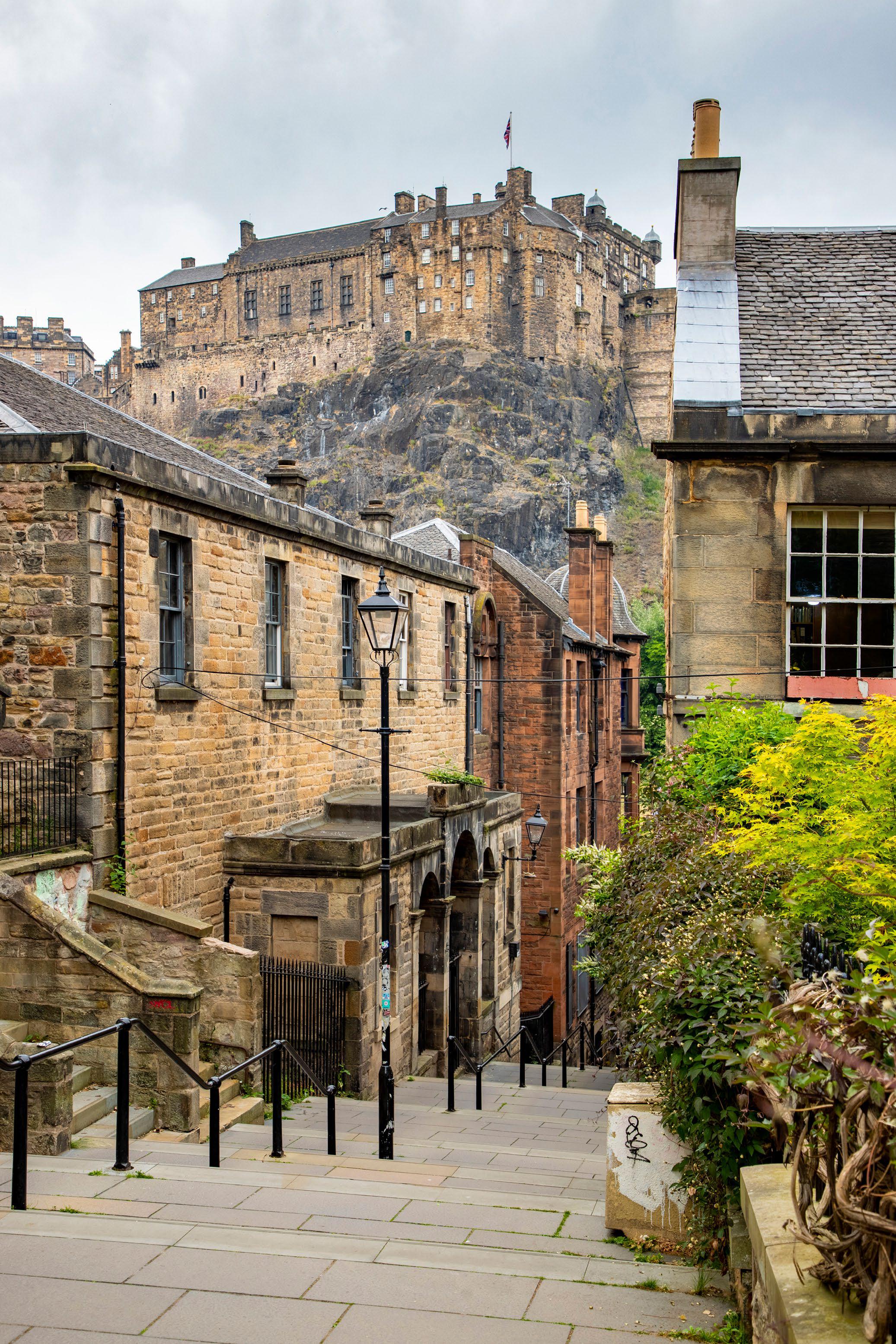
Some of the world's most popular and spectacular locations are unsurprisingly very popular as tourists flock in droves, whether it's Rome's Colosseum, the Eiffel tower in Paris or the Great Pyramids of Giza in Egypt.
Even busy cities like Edinburgh, or seaside beach towns, are often full of people and tourists going about their day. As a photographer you may be able to perfectly wait for a time when there's a gap and you're able to take a shot without any people. However for many locations this just isn't possible due to the high footfall. Another option would be to beat the crowds and arrive early but this restricts you to the type of available lighting you'll get at those more unsociable hours.
So, in this project, we look at two different ways you can work around this issue for cleaner scenic shots - one in-camera and another method using Photoshop. Let's get to it...
TECHNIQUE 1 STACK & STITCH
01 SET UP ON A TRIPOD
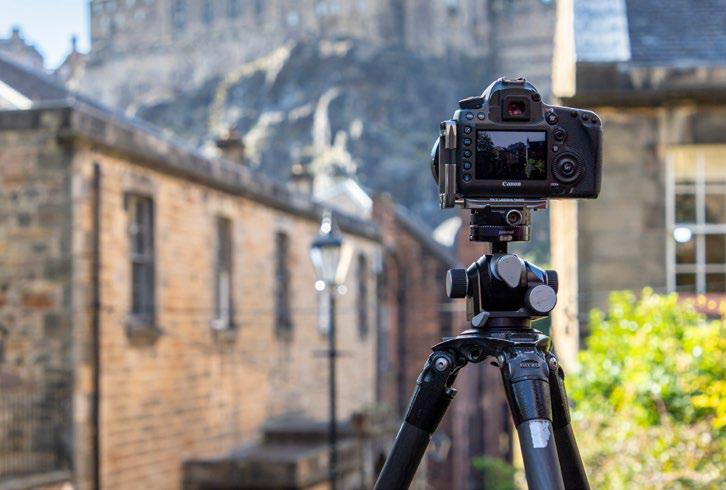
Cette histoire est tirée de l'édition April 2024 de PhotoPlus : The Canon Magazine.
Abonnez-vous à Magzter GOLD pour accéder à des milliers d'histoires premium sélectionnées et à plus de 9 000 magazines et journaux.
Déjà abonné ? Se connecter
PLUS D'HISTOIRES DE PhotoPlus : The Canon Magazine
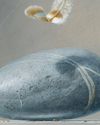
PhotoPlus : The Canon Magazine
The Art of Copying Art - James Paterson shows you how to use your Canon gear to capture artwork and paintings the right way with simple camera and lighting skills
Whether you want to capture a painting like the above, digitise old prints or reproduce any kind of canvas, there's real skill in capturing artwork with your camera. Not only do you need the colours to be accurate, you also need to master the spread, angle and quality of the light to minimise glare and show the work at its best.This painting by the artist Bryan Hanlon has a wonderfully subtle colour palette. To reproduce the painting in print and digital form, it needs to be captured in the right way.
1 mins
October 2024
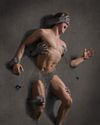
PhotoPlus : The Canon Magazine
Fright night
Canon photographer and digital artist Alexander loves to craft incredible fantasy scenes with a spooky horror twist
1 mins
November 2024

PhotoPlus : The Canon Magazine
Sharpen your shots with DPP
Sharpening a digital image also increases contrast at the edge of details
2 mins
November 2024

PhotoPlus : The Canon Magazine
CANON ImagePrograf PRO-1100
Deeper blacks, better bronzing, greater lifespan and 5G Wi-Fi -Canon's new printer is full of new tech, says
3 mins
November 2024
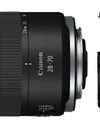
PhotoPlus : The Canon Magazine
Canon's new 'kit lens' is actually a half-price f/2.8 trinity lens!
The Canon RF 28-70mm F2.8 IS STM lacks a red ring, but borrows premium features from its L-series siblings
2 mins
November 2024

PhotoPlus : The Canon Magazine
DREW GIBSON
Pro motorsports photographer Drew on why he hasn't (yet) switched to Canon's mirrorless system, why old-school techniques can be the most reliable, and the lessons learned from more than a decade shooting the world's biggest car brands
11 mins
November 2024

PhotoPlus : The Canon Magazine
Up in smoke
Make a smoky shape in Affinity Photo and get to grips with the amazing Liquify Persona under the guidance of James Paterson
3 mins
November 2024

PhotoPlus : The Canon Magazine
Expand your creativity with Generative Fill
Photoshop's Al-powered feature brings revolutionary new tools to image editing. James Paterson reveals all...
2 mins
November 2024
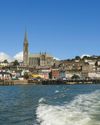
PhotoPlus : The Canon Magazine
Turn your images into vintage postcards
Wish you were here? Sean McCormack explains how you can give your summer photographs a vintage postcard look
2 mins
November 2024
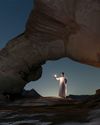
PhotoPlus : The Canon Magazine
The Angel Malibu
Light painting an American movie producer in the Wadi Rum Desert in Jordan was a highly unlikely evening out for David!
3 mins
November 2024
Listen
Translate
Change font size
